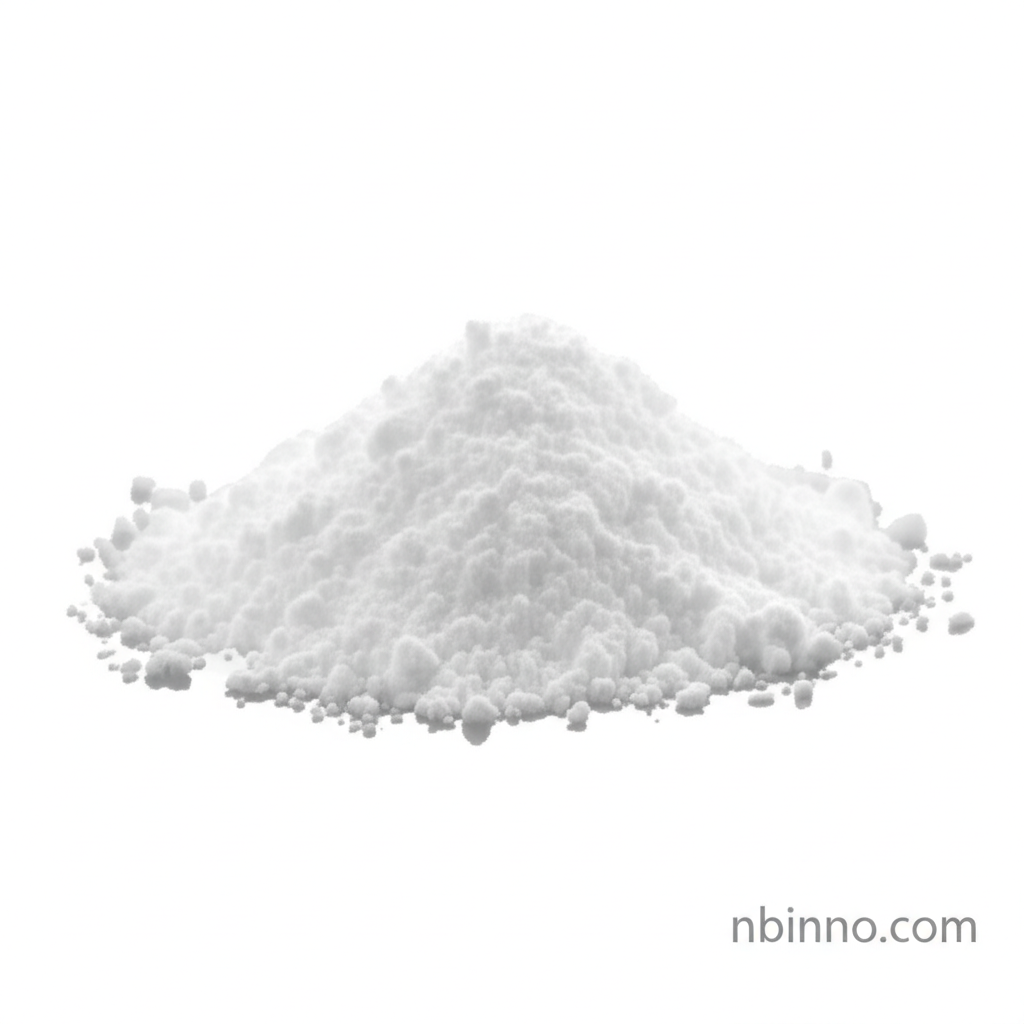EDC HCl: A Versatile Carbodiimide Coupling Reagent for Amide and Ester Synthesis
Unlock efficient chemical transformations with our high-quality EDC HCl, essential for amide and ester bond formation.
Get a Quote & SampleProduct Core Value

1-Ethyl-3-(3-dimethylaminopropyl)carbodiimide hydrochloride
1-Ethyl-3-(3-dimethylaminopropyl)carbodiimide hydrochloride, commonly known as EDC HCl, is a crucial water-soluble carbodiimide reagent that facilitates the efficient synthesis of amide and ester bonds by activating carboxylic acids. Its key advantage lies in the water-soluble nature of its urea byproduct, simplifying purification processes significantly compared to other carbodiimides. This makes it an indispensable tool in various chemical synthesis applications.
- Discover the power of amide bond formation with EDC, a key process in synthesizing complex organic molecules.
- Leverage EDC HCl for precise ester synthesis, crucial for pharmaceuticals and material science applications.
- Understand the EDC HCl mechanism to optimize your chemical reactions for maximum yield and purity.
- Explore the diverse EDC HCl applications, from peptide synthesis to protein crosslinking.
Key Advantages
Simplified Purification
Benefit from easy byproduct removal; the urea byproduct generated during EDC HCl coupling is water-soluble, streamlining your purification process.
Broad Reactivity Spectrum
Utilize EDC HCl for a wide range of bioconjugation, including linking small molecules like peptides or fluorescent tags to larger biomolecules such as proteins and DNA.
Minimized Racemization
Employ EDC HCl in combination with additives like HOBt to minimize racemization, a critical factor in sensitive peptide synthesis applications.
Key Applications
Peptide Synthesis
EDC HCl is a cornerstone reagent in peptide synthesis, enabling the formation of peptide bonds between amino acids with high efficiency.
Amide & Ester Formation
It serves as a primary coupling reagent for creating amide and ester linkages, fundamental in organic chemistry and drug discovery.
Bioconjugation
EDC HCl facilitates the conjugation of biomolecules, such as attaching labels or functional groups to proteins, antibodies, and nucleic acids.
Organic Synthesis
Beyond peptides, EDC HCl is widely used in general organic synthesis for constructing complex molecules requiring amide or ester linkages.
